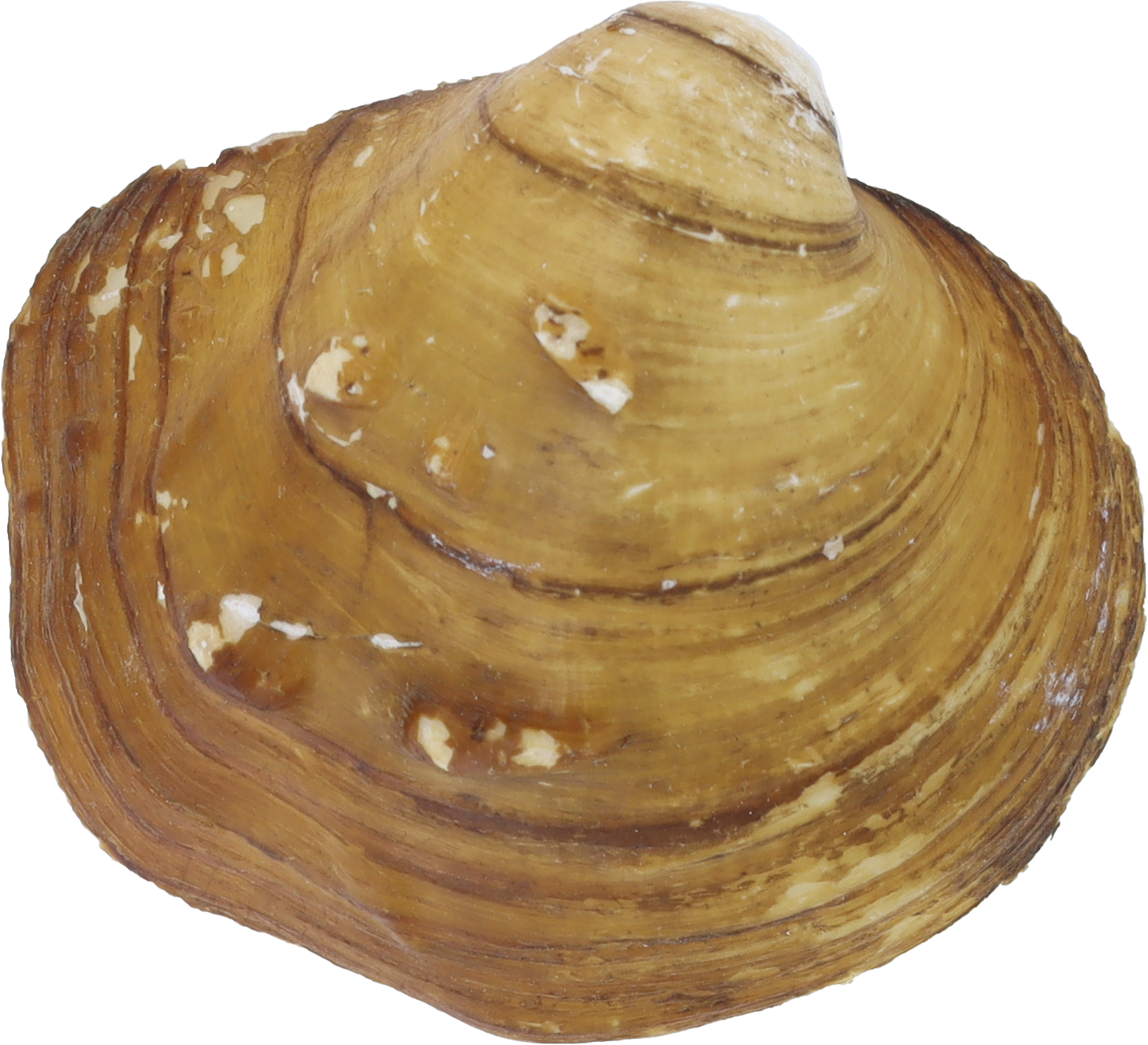Amazing Mussels
What are freshwater mussels?
Freshwater mussels are bivalve mollusks in the order Unionida. Freshwater mussels occur on every continent except Antarctica. North America contains high diversity of mussels, with approximately 300 species. Oklahoma is home to nearly 60 species of mussels, with the highest diversity and abundance in rivers in the eastern part of the state.
Click on the poster to learn about all of the species found in Oklahoma!
Where do mussels live?
Like all animals, mussels need space to live, food to eat, and access to mates. Because of their unique life history (see below!), mussels also need access to fish hosts, thus mussel habitat needs intersect with fish host habitat needs. Mussels live in streams and lakes, where they burrow in the sediment. They often occur in multi-species aggregations called mussel beds.
What are mussels good for?
Mussels feed by filtering algae and other particles from the water with their large gills. Mussels excrete and biodeposit nutrients back into the water and sediment, and store nutrients in their soft tissue and shell. Mussels provide and alter habitat for other organisms, such as benthic insects and fishes, through the structure of their shells and their burrowing activity. Through these activities, mussels provide benefits for people (ecosystem services) such as improving water quality.
Click on image to learn about ecosystem services
Video found at https://youtu.be/SqMZid8dbi0?si=XUVy-lgMfmMntyA7
A very unusual life history…
Mussels have a very unusual life history. Males release sperm into the water and females take in the sperm and their eggs are fertilized internally. The fertilized eggs are brooded in the gills, developing into larvae called glochidia. When females release the glochidia, they attach to the gills and/or fins of fishes as ectoparasites, where they metamorphose into juvenile mussels, fall off the fish host, burrow into the sediment, and grow into an adult mussel. Some mussels can use a wide variety of fish species as hosts, and some are specialized on one or only a few species. Likewise, mussels have evolved a diversity of strategies for attracting fish hosts ranging from packaging glochidia in bundles called “conglutinates” that mimic prey items to elaborate lures that wave in the current.
Click on image to learn about mussel life history
Why are mussels imperiled?
Freshwater mussels are declining in abundance and diversity globally, and at rates exceeding most other faunal groups. Globally, 45% of freshwater mussels are considered to be near-threatened, threatened, or extinct, but this is likely and underestimate because so many global regions and species are under-explored. In North America, about 30 species have gone extinct in the past 100 years and 65% of the remaining species are considered imperiled. Mussel declines are related to a variety of factors including habitat and water quality degradation, hydrologic alteration, introduction of non-native species such as zebra mussels, over-exploitation, diseases, and climate change.
Click on image to learn about mussel declines











